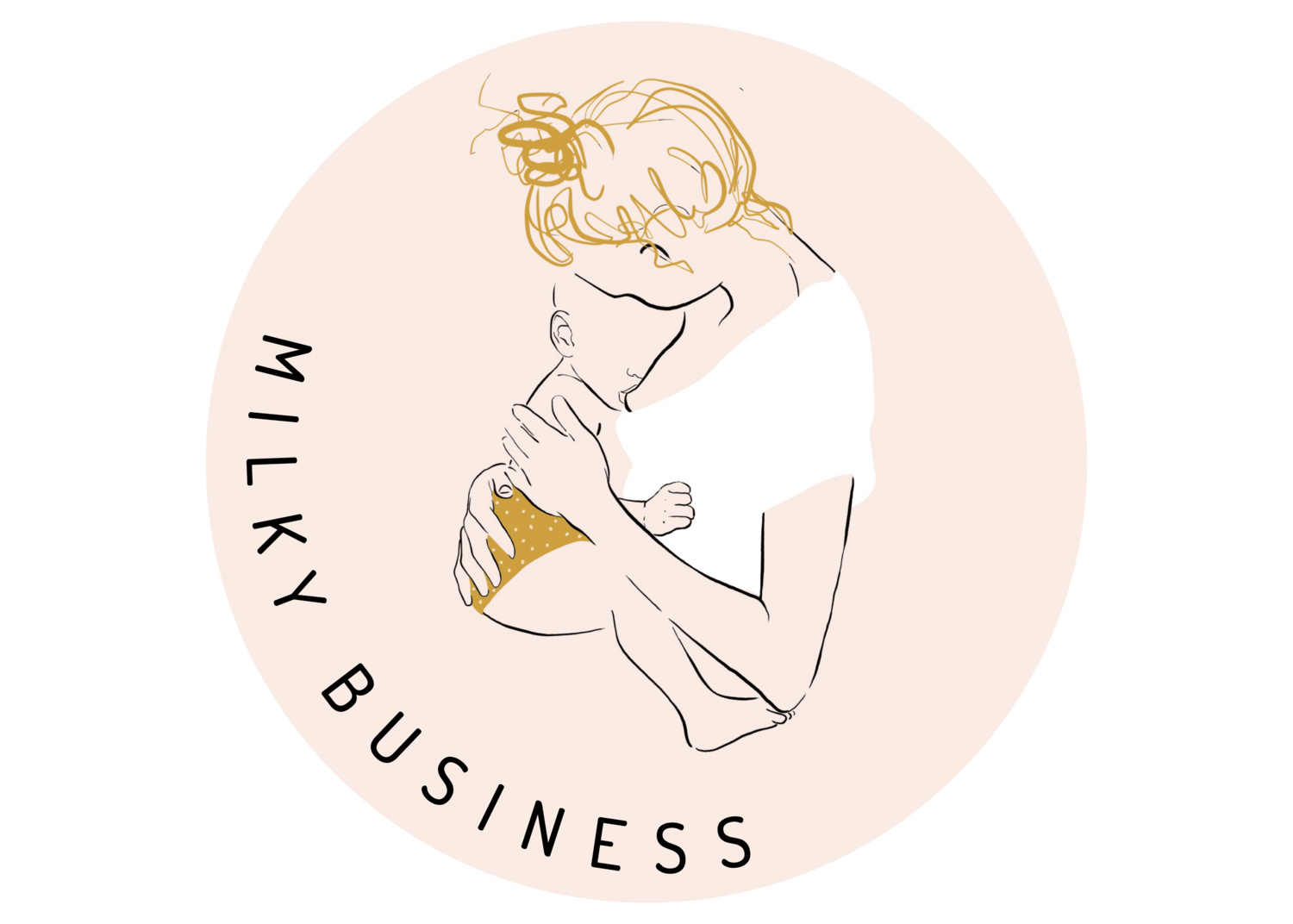Fed, breast or supported- What’s best?
We’ve heard it for years- “Breast is best”. From your Aunt to the person at the checkout, it resounds again and again. Breast is great, breast is amazing, but breast isn’t always best. A lactation consultant who’s role revolves around breastfeeding believes that breast isn’t always best. Yep you heard me right correctly. I’m not a lactivist walking around forcing every woman to breastfeed.
Put your empath shoes on for a minute. Can you picture a mum, let’s call her Emma. She planned to breastfeed, it’s what seemed the best thing for her and her baby. Once he was born though, she struggled trying to latch him on. It wasn’t overly comfortable and every health professional she saw told her “Your latch looks great”. Before she knew it she found herself at her 6 week check up, her baby having gained a much smaller amount of weight than expected. She was encouraged to ‘top up’ her baby with formula. Slowly, her sweet boy gained the weight expected, he was happy and healthy. Emma found though that her son didn’t find comfort in breastfeeding anymore and bottle feeding became his sole source of nutrition now. Emma found herself grieving the loss of the motherhood experience she had expected. Is it her fault? No, not for a second. Had her and her baby been supported in the very beginning, he would’ve been drinking sufficient amounts of milk from Emma. Then, had they both been supported from the 6 week mark discussing breastmilk supply, expressing, how to top baby up at the breast, paced bottle feeding if wanting to bottle feed rather than discussing it as the only option, and how to wean off top ups, her story would look vastly different.
If we tell this mum, if we tell Emma that '“Breast is best”, it will cause wounding grief beyond what she is already feeling. She KNOWS breast is great. Breast is the biological norm, it’s how our bodies are designed to feed our babies. Emma planned this, she tried this, she worked hard at this, but she was failed by society at this. It causes shame in a mother who should never be shamed, only supported and encouraged.
Let’s flip it over. You could assume then that I’m saying “Fed is best”. Emma tried so unbelievably hard to make breastfeeding work. The statement “Fed is best” may be encouraging and reassuring to her, trusting that she’s still doing what is best by her and her baby. Picture our next mum, Mel, with me. She’s currently breastfeeding her 6 month old baby. She never in her wildest dreams imagining that she’d make it this far. In the early days she struggled with multiple bouts of mastitis. She sought the care of an IBCLC, corrected babies latch and worked hard every day to prevent it occurring again. During this time her daughter went on a nursing strike, not wanting to feed directly from Mel’s breast. This broke Mel’s heart. She sought professional help yet again, which was holistic and supportive. They focused on maintaining Mel’s milk supply while ensuring her baby was fed. With time and support, Mel’s baby returned to breastfeeding successfully. In this case, a statement such as “Fed is best”, would be wildly undermining to Mel. Fed is the bare minimum. Every baby has a right to be fed. Breastfeeding wasn’t easy for her, it was damn hard. What we feed our babies matters. We talk about the benefits of breastfeeding however there is no discussion on the risks of formula feeding. Not recognising this to a mother who is working tirelessly to make breastfeeding work implies that their efforts are all for nothing.
In my role, I provide support to the overwelming majority of women who initiate breastfeeding and plan to breastfeed, however quickly find that this is no longer a reality. The latest stats show that 96% of women. Almost every single pregnant woman. The media promotes horror stories preaching “Fed is best”. It may not be obvious, but I can assure you that there are major red flags attached to these where the health care system has failed women and babies. This is a significant reason why the number of women breastfeeding quickly dwindles with time. What is best, is what is best for a mother and baby. This means ALL women should be provided with sufficient, evidence based information at all stages of their journey. They should be unequivocally supported in how they want to feed their babies. It is your basic human right to be expect your body to function as it was designed, and if something isn’t right, that you are then supported to find a solution to fix it.
The idea of what is “best” is sensitive. Every mother wants to do what is best for their babies. No one sets out to be an average mother or just get by. It happens, its a reality, but a mothers intentions matter and her goals matter. The only solution is to provide consistent and reliable support to mothers and babies. This includes the benefits and risks of all options, based on evidence. You are worthy of the best kind of support to guide and encourage you as you navigate your way through one of the most intense but beautiful seasons of your life. I hope you never forget that.
